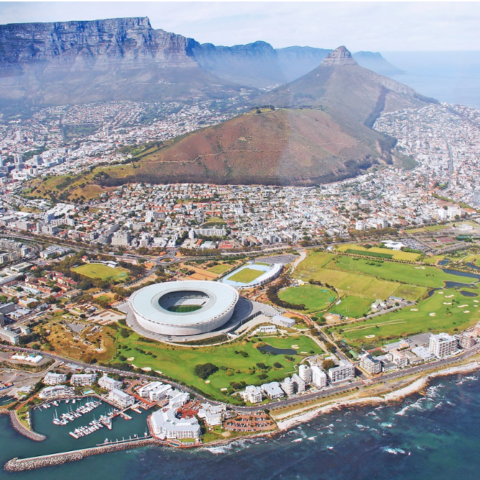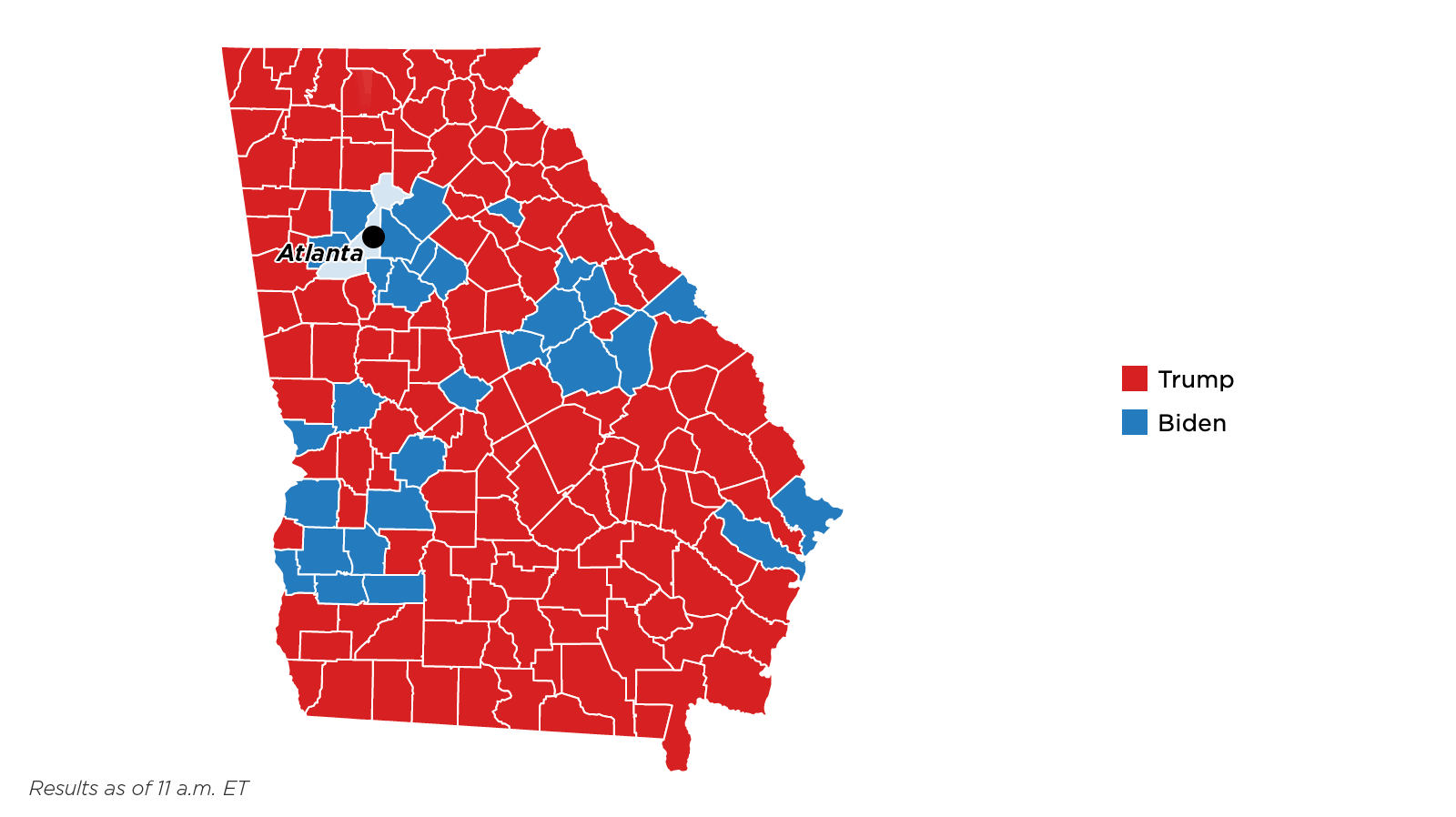
(Source: Government of South Africa)
By: Jon Wilson
While this May’s elections in South Africa mark 20 years since the Rainbow Nation fully dismantled apartheid, the country still appears divided as minor political parties try to siphon enough votes from the African National Congress (ANC), the current ruling political party. Unlike most parliamentary governments, South Africa has one executive in the form of a president, who is the head of state and head of government. The National Assembly, the lower house of Parliament, elects the president. Since free elections were held in 1994, the ANC has won every parliamentary election and by extension the presidency by huge majorities. Jacob Zuma, incumbent president and member of the ANC, is running for reelection, which will likely be his last. Zuma’s popularity has plummeted in recent years, so some speculate that he could be potentially vulnerable this election cycle if the Democratic Alliance (DA), the major opposition party, and other minor parties can gain enough popular support. However, as the DA demographically remains the only white-majority party in the country, it faces trouble changing its image as a “whites-only party.” Additionally, it is perhaps too centrist in a country where the majority of voters lives in poverty and embrace more left-wing ideologies.
South Africa’s demographics make it a multiethnic and multicultural country. Roughly 80 percent of its population is black, 9 percent is white, another 9 percent is of mixed ethnic origin, and around 3 percent is of Asian descent. Demographics and race play a large role in support for political parties. According to recent polling, more than 96 percent of ANC supporters are black, while more than 50 percent of DA supporters are white. It should be noted that less than 1 percent of ANC supporters are white, while more than 20 percent of DA supporters are black. Therefore, race does not fully distinguish the two parties. Instead, economic factors may cause the huge racial divide the two parties.
Although South Africa’s economy is among the most robust in Africa, the unemployment rate and degree of income inequality are very high. Currently, more than 25 percent of the country is unemployed and, using the United States’ measure of under $2 per day as a poverty line, 53 percent live in poverty. Women are also noticeably more disadvantaged than men in this regard, with 61 percent living in poverty while 39 percent of men live in poverty. Black South Africans are significantly more likely to be impoverished than white South Africans. Only 10 percent of white South Africans live below the poverty line. These statistics correlate well with the aforementioned poll’s supporter profiles of the ANC and the DA, as 41 percent of ANC supporters are unemployed, while 24 percent of DA supporters are unemployed.
Additionally, South Africa is one of the most unequal countries in the world, and this also shapes its people’s political leanings. The Gini Coefficient is often used to measure income inequality in different countries. South Africa’s Gini index estimates that the country has a much higher level of income inequality than the United States and Europe. Much of this inequality still reflects the racial divide of the country and its two main political parties. 20 years after the end of apartheid, the average income for white people is still six times more than the average income for black people. As with the numbers on unemployment, the statistics on income inequality and poverty reflect supporter profiles of the two main parties. 55 percent of the supporters of the ANC on average made less than 8,000 rand (roughly $760) per month, while more than 50 percent of DA supporters made more than 14,000 rand (roughly $1,320) per month.
Ideology plays a large role in gathering any political party’s support base and determining its success. South Africa’s parties differ greatly in their relative ideological positions. The ANC has its roots in revolutionary socialism and African nationalism, and while it no longer espouses the first ideology, its position is decidedly more left wing than the moderate and centrist DA. As a result, the ANC brands itself as a party that helps the impoverished achieve upward social mobility. With much of the country in poverty, the ANC has easily mustered enough support to win huge majorities in each free election. While centrism usually attracts many voters, it actually hurts the DA due to South Africa’s level of poverty.
Finally, the DA must compete with the ANC’s legacy of helping liberate South Africa from apartheid. Nelson Mandela’s legacy is especially still connected with the party and his death’s influence on the ANC and future elections is still unclear. Already, some former freedom fighters like Desmond Tutu have stated that they will not vote for the ANC in the upcoming elections because of corruption problems. Although the DA’s main candidate, Premier of the Western Cape Helen Zille, is renowned for being an anti-apartheid activist as far back as the 1970s, many blacks fear that a vote for the DA is a vote to reinstate racial segregation. While statistics show that the DA is not a whites-only party, it is a white-majority party. This reason compounded with the parties’ differences in ideology and discrepancies in income levels all but ensure a victory for the ANC in this May’s elections. In the grand scheme of South African politics, race still matters. However, money and ideology arguably matter more.

